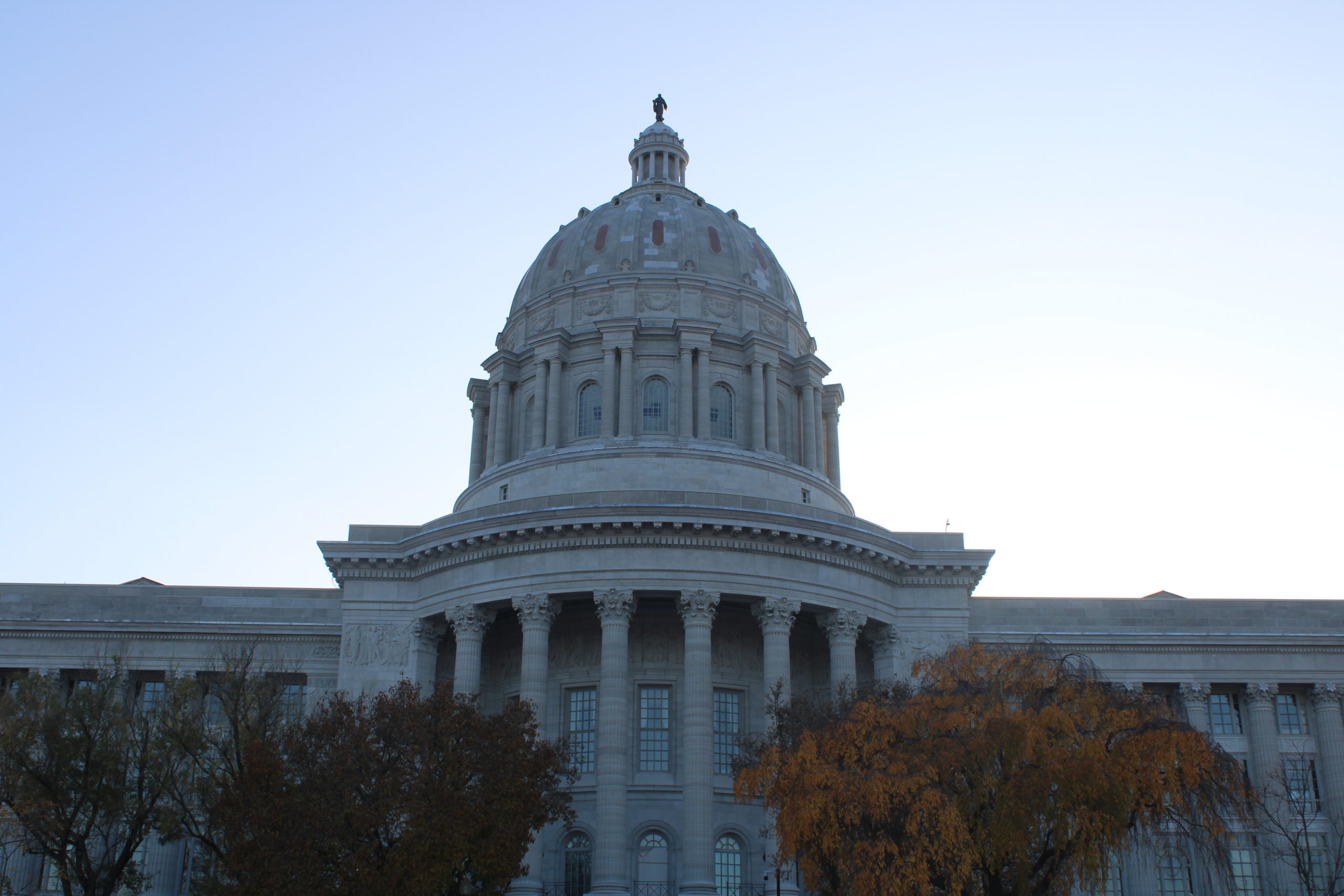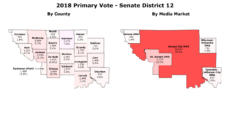JEFFERSON CITY, Mo. — Missouri plans to focus most of its upcoming broadband investments on building out its infrastructure for 256,000 people, according to Office of Broadband Development Director Tim Arbeiter.
Missouri recently announced a $400 million investment, said to be the largest in the state’s history. Arbeiter said the announcement came after his division engaged stakeholders from across the state to identify the biggest obstacles faced by Missourians in terms of broadband access and the best avenues for investments.
“We talked with agencies leaders to do three things: level set on broadband in Missouri, understand the complexities and dynamics of what happened at the height of the pandemic, and look at the challenges Missourians experienced due to a lack of broadband,” Arbeiter told The Missouri Times. “This led into the $400 million announcement saying the governor is going to fully get the legislature up to speed come January when the governor’s recommended budget is released.”
As of now, the American Rescue Plan Act (ARPA) allotment prioritizes three areas. More than $269 million is expected to go toward nine access projects, nearly $114 million is expected to be earmarked for three adoption projects, and $18 million would go toward a pair of technical support projects. The ventures would serve a total of 342,000 households.
Arbeiter presented the plans before the House Subcommittee on Federal Stimulus Spending Wednesday, outlining the cross-agency review team’s next steps. The group is expected to procure an engineering firm and identify coverage gaps and costs by the end of the year. Project plans are to be confirmed and scoped out early next year.
The funds will need to be appropriated by the legislature in the coming years. ARPA monies need to be committed by the end of 2024 with construction underway by the end of 2026, according to Arbeiter.
The legislature has plenty of funds on the way to bolster its broadband infrastructure: Missouri is expected to receive a minimum of $100 million to improve the state’s broadband infrastructure under the Infrastructure Investment and Jobs Act, providing access to more than 330,000 residents, as well as a $600,000 federal grant with a state match and other funds.
Rep. Louis Riggs, chair of the Special Interim Committee on Broadband Development, told his colleagues 2022 was the perfect opportunity to invest in broadband.
“Everybody in this building gets it, we all get it. The question is how can we accomplish this the best way humanly possible?” Riggs said. “This is a once-in-a-lifetime opportunity with federal dollars coming at us from all different directions to get our act together and get ourselves in a position where we can deploy this a lot quicker than we ever have before.”
Another obstacle is knowing where to invest: Riggs said the mapping system used by the Federal Communications Commission (FCC) failed to give providers the full picture of an area’s service. The data is collected on a census block data level, presenting blocks with at least one home receiving service as “served.” The FCC plans to revise its maps in the coming year, according to Riggs.
Riggs’ committee heard testimony from various agriculture groups, electric cooperatives, and service providers over the summer and will continue meeting monthly through the end of the year. The committee will file a report with its findings for the legislature to consider next session.
Missouri ranks No. 34 in broadband access, according to Arbeiter, down two spots from where it sat in June as other states take steps to bridge the digital divide. There are more than 147,000 unserved or underserved households and more than 392,000 individuals without reliable internet access. The state has made drastic improvements despite the high numbers, increasing its ranking by 10 points since 2018.

Cameron Gerber studied journalism at Lincoln University. Prior to Lincoln, he earned an associate’s degree from State Fair Community College. Cameron is a native of Eldon, Missouri.
Contact Cameron at cameron@themissouritimes.com.





























